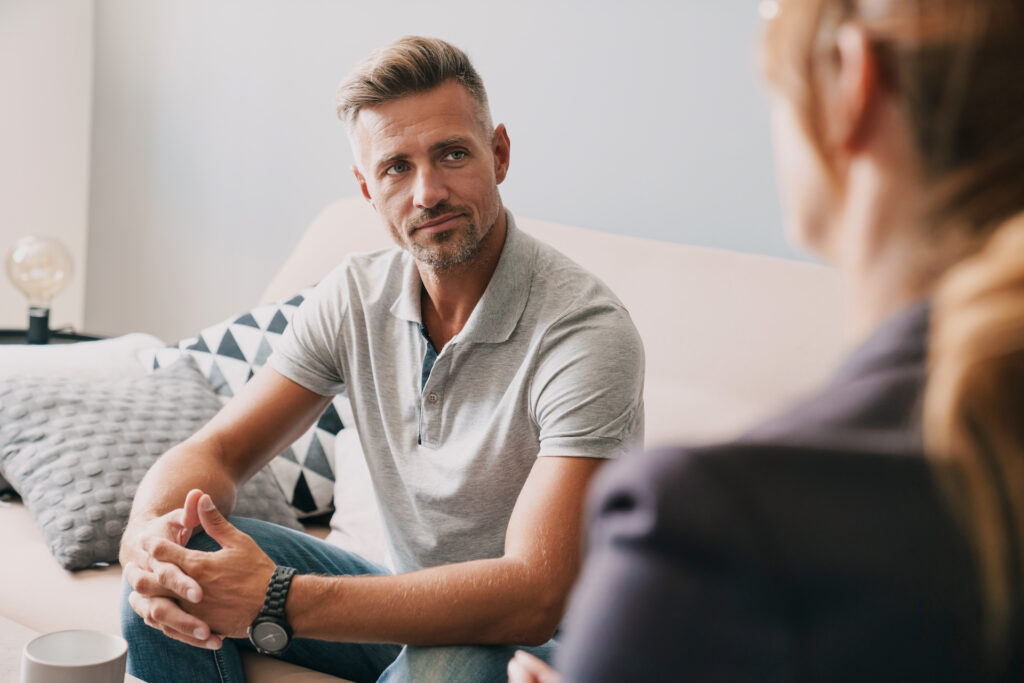Have you ever been in a conversation where you felt like the other person wasn’t really hearing you? Maybe they nodded along but seemed distracted, or they interrupted before you could finish your thought. We’ve all experienced moments like this—and if we’re honest, we’ve probably done the same thing to others.
Being an active listener is one of the most valuable skills we can develop, yet many of us don’t realize how much it impacts our relationships. Active listening—truly hearing and understanding someone rather than just waiting for your turn to talk—can build deeper connections, reduce misunderstandings, and help others feel valued.
So, are you an active listener? Let’s explore why listening matters, how it can enrich your relationships, and ways to improve this powerful skill.
Why Active Listening Matters
Listening isn’t just about staying quiet while someone else speaks. It’s about being present, engaged, and open. When we actively listen, we’re not just hearing words—we’re understanding feelings, noticing emotions, and making the other person feel seen and heard.

Active listening can:
Strengthen relationships: When people feel heard, they feel more connected. Listening shows you care and helps build trust.
Reduce misunderstandings: Many conflicts come from miscommunication. When we listen with curiosity, we can gain a clearer understanding.
Make others feel valued: Sometimes, people don’t need advice; they need to be heard. When we listen well, we allow the person to process what they are saying, offering support in a different way.
Listening to Learn vs. Listening to Respond
Many of us have a habit of listening to respond rather than listening to learn. That means while someone is talking, we’re already thinking about what we want to say next. Maybe we’re preparing advice, forming an opinion, or waiting to share our own similar experience. While this is natural, it can cause us to miss what’s really being said.
Instead of focusing on how to reply, try shifting your mindset to listening with the goal of learning. Be curious and ask questions to gain a deeper understanding of what the person is communicating.
When we listen to learn, we build stronger relationships and have more meaningful conversations.

Improve Your Active Listening Skills
Like any skill, active listening takes practice. Here are some starting points:
1. Be Present
Put away distractions like your phone or laptop, make eye contact, and show that you’re engaged. If your mind starts to wander, gently bring it back to the conversation.
2. Use Nonverbal Cues
Nod, smile, and use facial expressions that show you’re paying attention. Simple gestures like leaning in slightly can signal that you’re interested.
3. Reflect Back What You Hear
Instead of jumping in with your opinion, repeat back what the person said in your own words. Try:
“It sounds like you’re feeling really frustrated with work right now.”
“So you’re saying you don’t feel supported in that situation?”
This shows you’re listening and helps clarify any misunderstandings.
4. Ask Open-Ended Questions
Encourage deeper conversation by asking questions that can’t be answered with “yes” or “no.” Instead of “Did that upset you?” try “How did that make you feel?”
5. Resist the Urge to Fix Everything
Sometimes, people just need to vent. If you’re unsure whether they want advice, ask:
“Would you like my opinion, or do you just need to talk it out?”
This small question can make a big difference in how supported someone feels.
6. Practice Patience
It’s easy to interrupt when we’re excited to respond, but try to wait until the other person finishes speaking. Give them space to share their full thoughts before jumping in.
7. Show Empathy
Even if you disagree with someone’s point of view, try to see where they’re coming from. A simple “That sounds really difficult” or “I can see why that would upset you” can help them feel validated.
Listening to Understand
Improving your active listening skills isn’t about being perfect—it’s about being present, engaged, and willing to learn. Listening with an open heart and mind strengthens our relationships, gains new perspectives, and makes others feel truly heard. You’ll be surprised by all you can learn, too!
Sunshine Coast Health Centre and Georgia Strait Women’s Clinic are world-class centres for addiction treatment and mental health. If you or a loved one is struggling with addiction or mental health challenges, give us a call today. We’re here to help you take the first step toward a brighter, healthier future.



